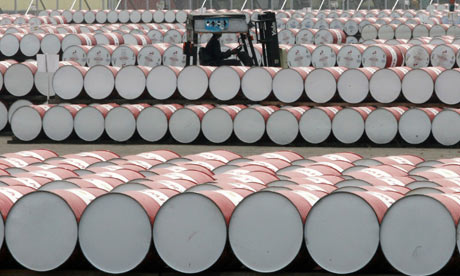Qatar recently amended its previous decision to not distribute three remaining liquefied natural gas (LNG) shipments to Egypt, originally scheduled as part of a deal struck in June 2012.
Taher Abdel Rahim, Chairman of the Egyptian Natural Gas Holding Company (EGAS), stated that the company was told by Qatari officials on Tuesday that it would in fact be receiving the remaining liquid gas shipments, in order to help meet EGAS’s obligation to import specified amounts of gas from foreign companies.
“EGAS received a letter from Qatar early Tuesday morning explaining the latter’s inability to send the remaining shipments due to recently decreased production capacities,” said Abd Al-Rahim. “This decision was then rescinded and amended the same day”.
Qatar announced in June 2012 that it would send Egypt five shipments of LNG totaling 16.5 billion cubic feet as a gift, to help meet the quotas of foreign companies seeking to ship production to Egyptian electricity stations, according to an agreement reached between Egypt’s Ministry of Petroleum and the companies BP and Petronas. This is in addition to Egypt’s obligation to pay for shipments already received from Gaz de France.
The Qatar News Agency reported Tuesday night that Qatar’s second shipment of LNG had left the port of Ras Laffan on 9 August, one week after that of the first shipment.
Abdel Rahim said Egypt has received two exchange shipments, adding that the third and fourth shipments would be sent this month, with the fifth shipment sent in September, according to previous agreements.
An Egyptian government source stated that Qatar’s temporary decision to halt LNG shipments came as a result of the former’s arrest of a number of prominent Muslim Brotherhood leaders, and not decreased production capacities witnessed in the latter.
Qatar’s Ministry of Foreign Affairs had previously demanded the release of Brotherhood leaders, while condemning last week’s dispersal sit-ins in support of former president Mohamed Morsi near Rabaa Al-Adaweya mosque and Al-Nahda square.
Qatar’s decision, according to Abdel Rahim, came as a result of pressure from the UAE, in addition to condemnations of the decision by a number of foreign media outlets. If the three remaining shipments are not sent, Egypt will fail to live up to its obligations to import specified amounts of liquid gas from foreign partners.




